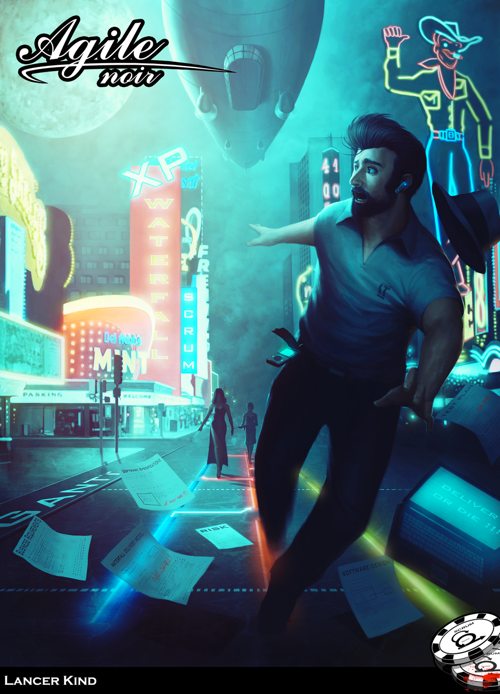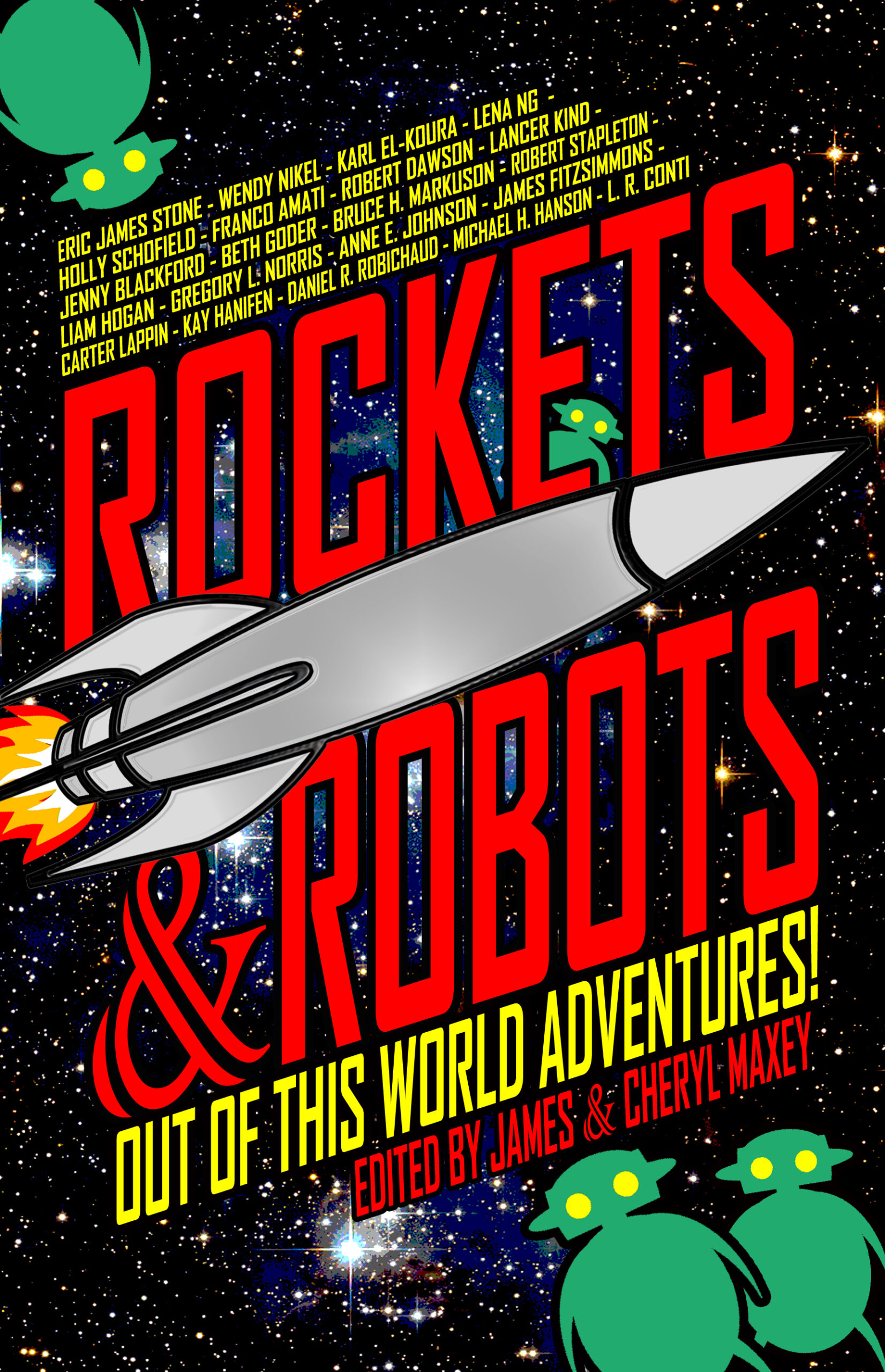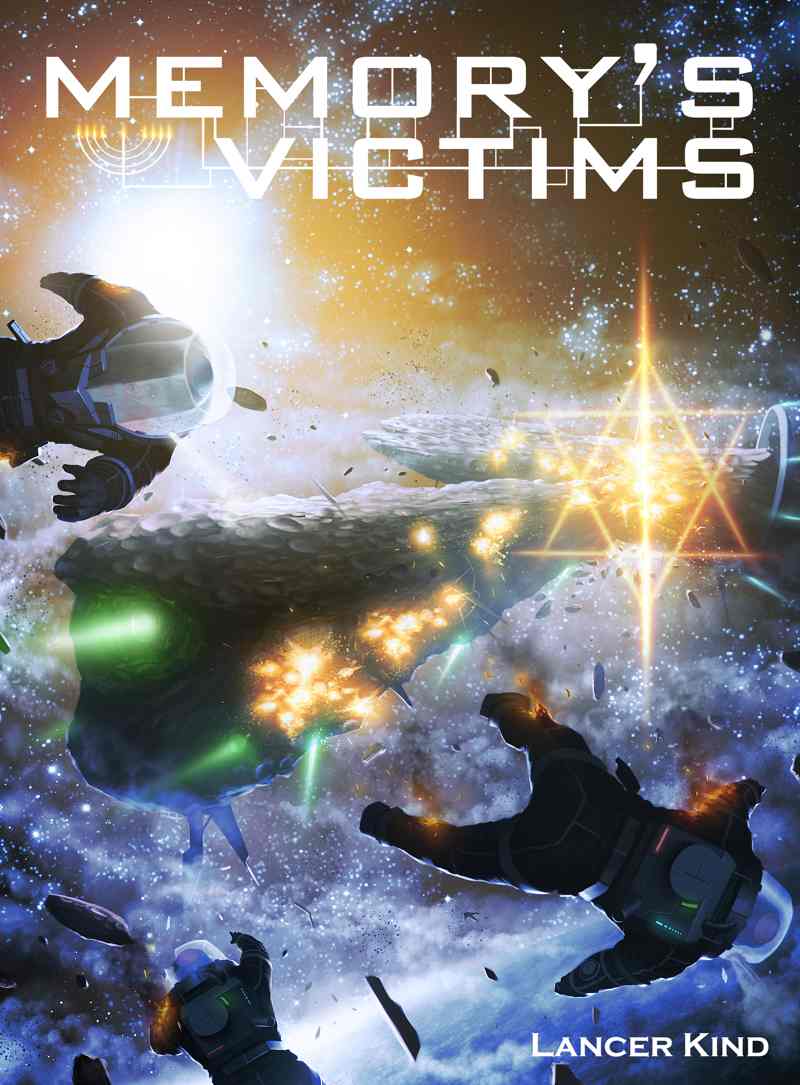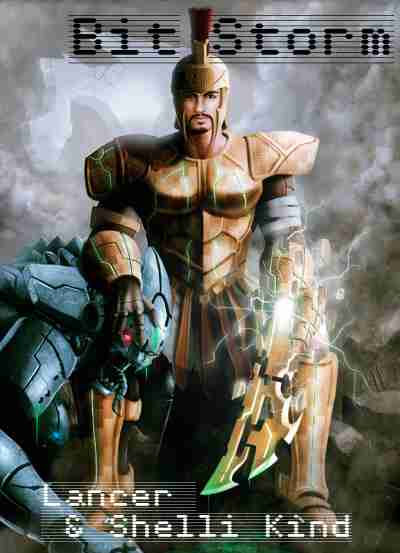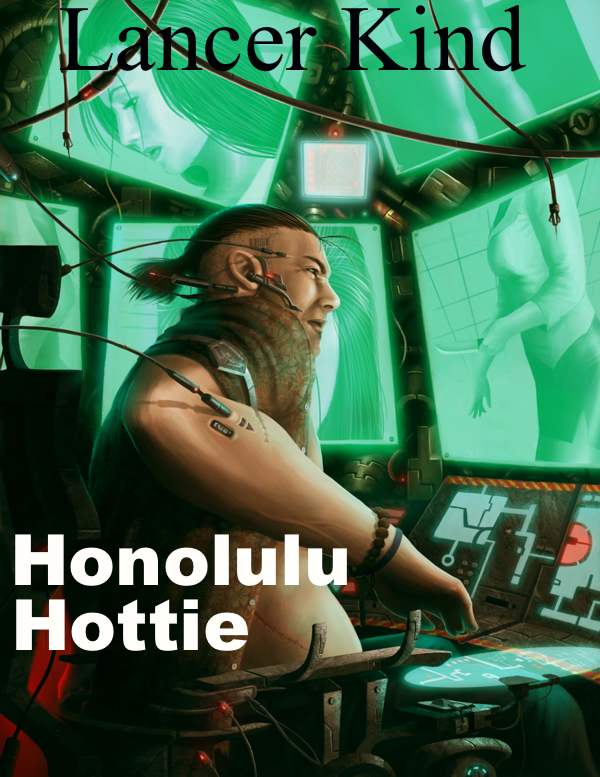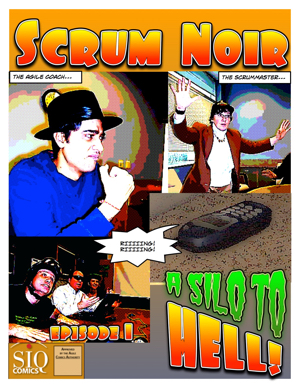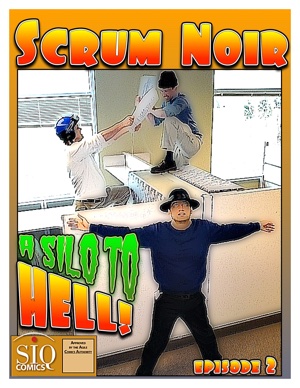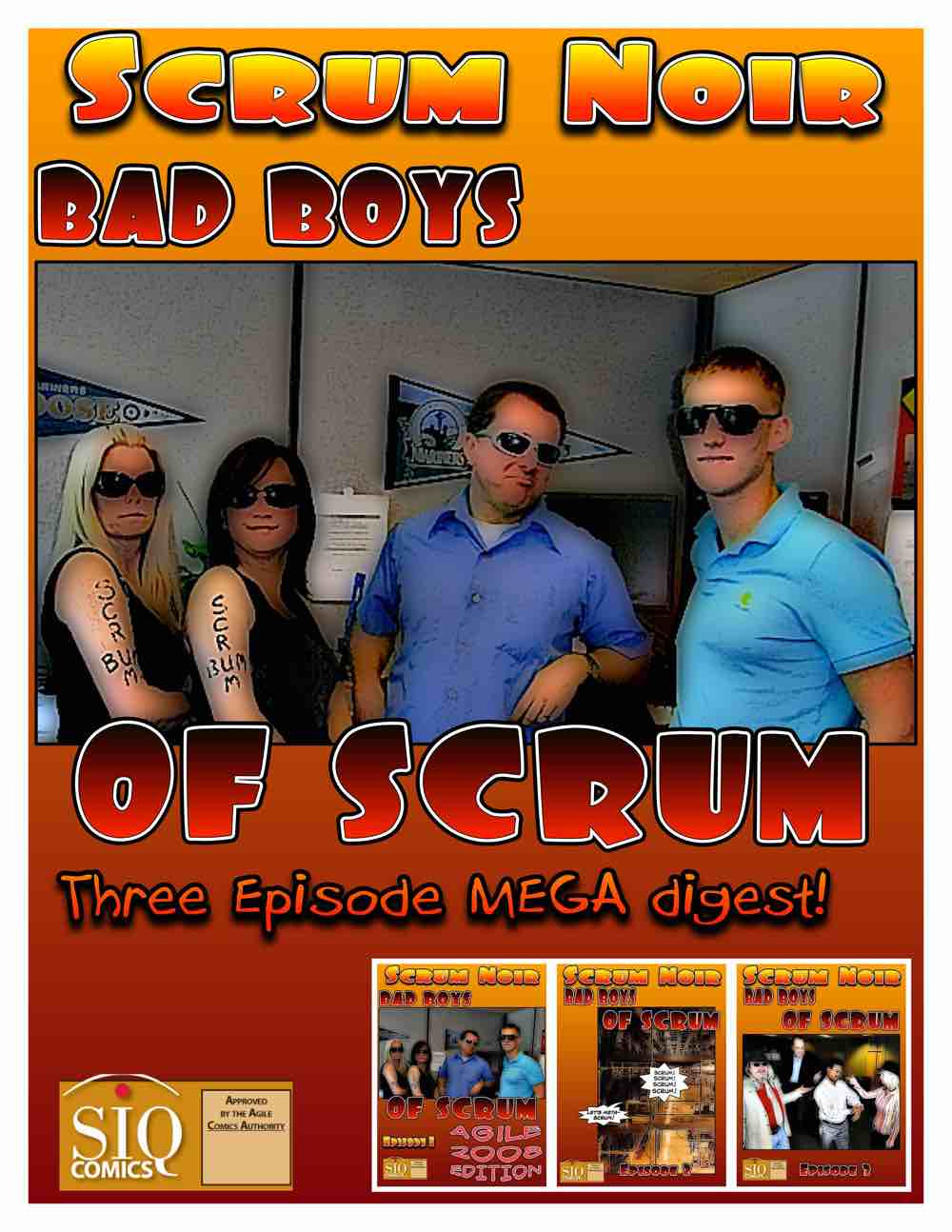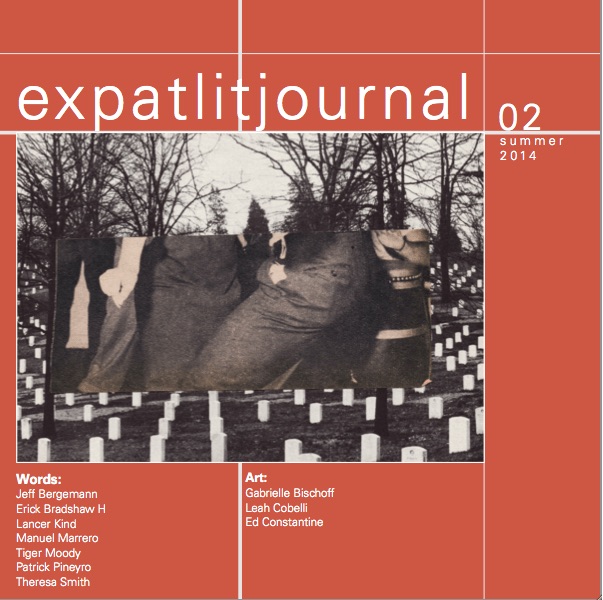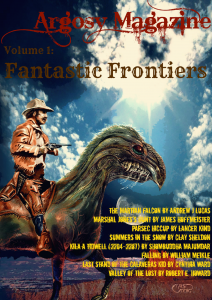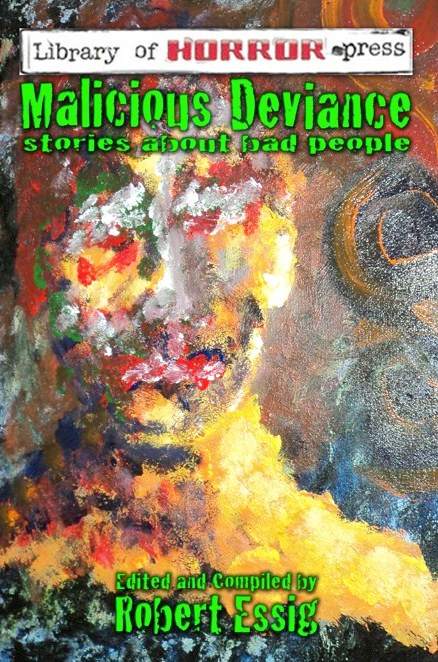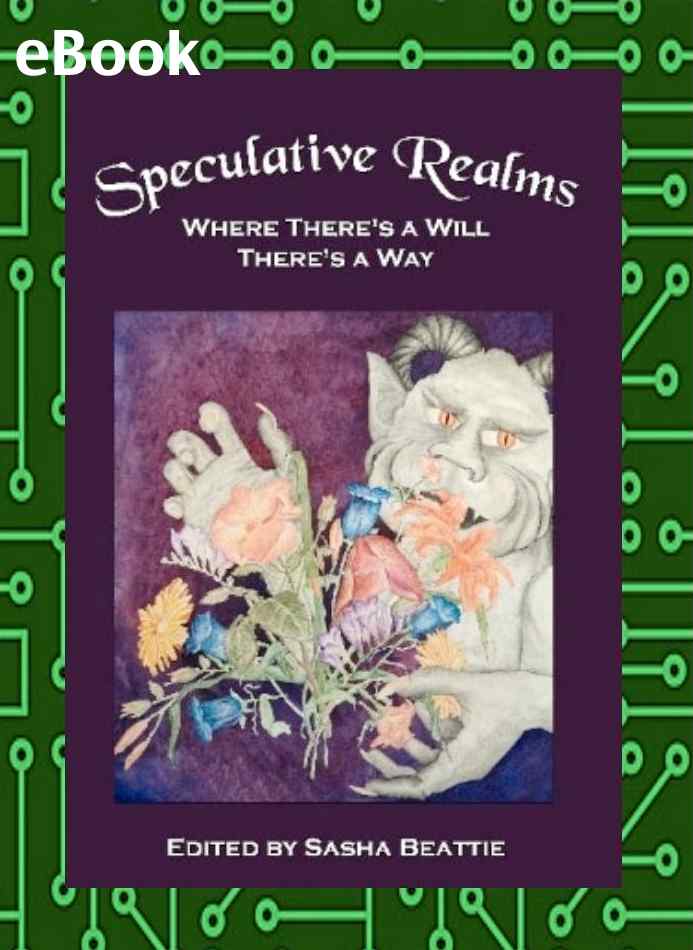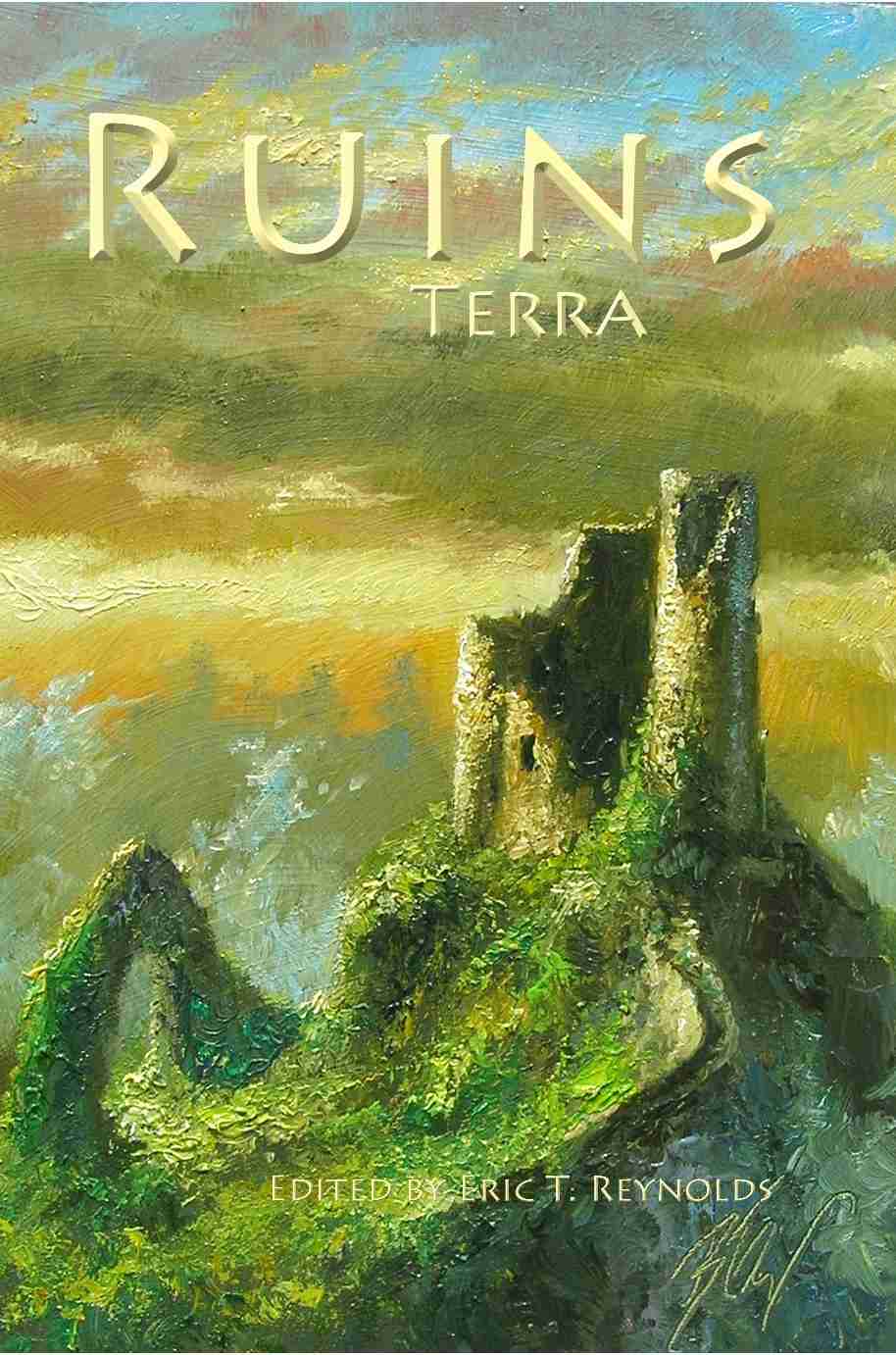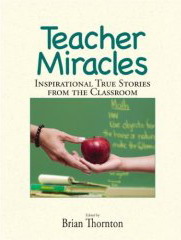005 Science Fiction becomes a Word
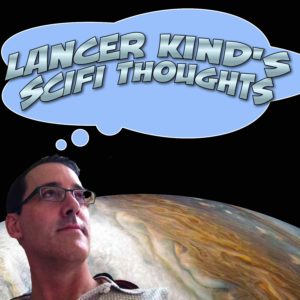 CONNECT
CONNECT
Welcome to SciFi thoughts where for a few short minutes I’ll tease and tantalize your mind with this genre from the future.
Register your email address at LancerKind.com and you’ll get cool extras about science fiction such as convention schedules and other nifty stuff.
==>Lancer— Kind
005 Science Fiction becomes a word
Although science fiction existed in the 1500s, we don’t get the word “science fiction” until the 1900s, when critic, publisher, and writer Hugo Gernsback came up that compound word along with several other alternatives, most of which didn’t stick. The early 1900s was an era of standardization as critics like Hugo used their critical voices to influence the market to be critical what was science fiction and what was not, as well as complaining about the quality of the science in science fiction. For example, Hugo refused to publish any science fiction that featured people walking or floating in the vacuum of space without a space suit.
Printing continuous to improve in efficiency. The 1920s and 1930’s comes the era of pulp fiction, pulp meaning that now very low cost paper which could be used for printing and binding books. The era of the Golden Age of Science fiction rides upon the waves of cheap printing. This period starts in the 1930s to the 1950s. At this point everyone knows what science fiction is and most men have read some and we get several more sub-genres genres such as alien invasion, first contact, military SF, and space opera. With the launch of Sputnik, science and space travel became real and for a number of reasons and we enter a new phase, The New Wave. Check out ScifFi Thoughts episode 2 where we discuss New Wave and Cyberpunk. In summary, for New Wave writers, word craft, and near future gritty politics become popular.
Now we could continue discussing more science fiction sub-genres but I think you get the idea. It started with Utopia, and then space travel and horror. Then the 1900s with the advent of pulp printing, books are cheaper and the population of readers is large. So there is a jump in the number of writers and so of course there is a jump in the types of story telling. Did you know is that there are ancient texts describing flying metal ships and robots from ancient civilizations in BCE?
While some of these works read like science fiction, they are vast outliers in time perhaps due to the lack of industrialized printing and so few things survived the ravages of times.
There could have been thousands of works lost as it appears that wishful thinking on how human existence would be more comfortable if the right tool existed or if society was better designed, is basic piece of being human. But for now, evidence is clear that when we talk of the science fiction genre, we are dealing with at least a five hundred year literary tradition.
Next episode I’ll introduce a timeline for science fiction genres
Although science fiction existed in the 1500s, we don’t get the word “science fiction” until the 1900s, when critic, publisher, and writer Hugo Gernsback came up that compound word along with several other alternatives, most of which didn’t stick. The early 1900s was an era of standardization as critics like Hugo used their critical voices to influence the market to be critical what was science fiction and what was not, as well as complaining about the quality of the science in science fiction. For example, Hugo refused to publish any science fiction that featured people walking or floating in the vacuum of space without a space suit.
Printing continuous to improve in efficiency. The 1920s and 1930’s comes the era of pulp fiction, pulp meaning that now very low cost paper which could be used for printing and binding books. The era of the Golden Age of Science fiction rides upon the waves of cheap printing. This period starts in the 1930s to the 1950s. At this point everyone knows what science fiction is and most men have read some and we get several more sub-genres genres such as alien invasion, first contact, military SF, and space opera. With the launch of Sputnik, science and space travel became real and for a number of reasons and we enter a new phase, The New Wave. Check out ScifFi Thoughts episode 2 where we discuss New Wave and Cyberpunk. In summary, for New Wave writers, word craft, and near future gritty politics become popular.
Now we could continue discussing more science fiction sub-genres but I think you get the idea. It started with Utopia, and then space travel and horror. Then the 1900s with the advent of pulp printing, books are cheaper and the population of readers is large. So there is a jump in the number of writers and so of course there is a jump in the types of story telling. Did you know is that there are ancient texts describing flying metal ships and robots from ancient civilizations in BCE?
While some of these works read like science fiction, they are vast outliers in time perhaps due to the lack of industrialized printing and so few things survived the ravages of times.
There could have been thousands of works lost as it appears that wishful thinking on how human existence would be more comfortable if the right tool existed or if society was better designed, is basic piece of being human. But for now, evidence is clear that when we talk of the science fiction genre, we are dealing with at least a five hundred year literary tradition.
Next episode I’ll introduce a timeline for science fiction genres
Although science fiction existed in the 1500s, we don’t get the word “science fiction” until the 1900s, when critic, publisher, and writer Hugo Gernsback came up that compound word along with several other alternatives, most of which didn’t stick. The early 1900s was an era of standardization as critics like Hugo used their critical voices to influence the market to be critical what was science fiction and what was not, as well as complaining about the quality of the science in science fiction. For example, Hugo refused to publish any science fiction that featured people walking or floating in the vacuum of space without a space suit.
Printing continuous to improve in efficiency. The 1920s and 1930’s comes the era of pulp fiction, pulp meaning that now very low cost paper which could be used for printing and binding books. The era of the Golden Age of Science fiction rides upon the waves of cheap printing. This period starts in the 1930s to the 1950s. At this point everyone knows what science fiction is and most men have read some and we get several more sub-genres genres such as alien invasion, first contact, military SF, and space opera. With the launch of Sputnik, science and space travel became real and for a number of reasons and we enter a new phase, The New Wave. Check out ScifFi Thoughts episode 2 where we discuss New Wave and Cyberpunk. In summary, for New Wave writers, word craft, and near future gritty politics become popular.
Now we could continue discussing more science fiction sub-genres but I think you get the idea. It started with Utopia, and then space travel and horror. Then the 1900s with the advent of pulp printing, books are cheaper and the population of readers is large. So there is a jump in the number of writers and so of course there is a jump in the types of story telling. Did you know is that there are ancient texts describing flying metal ships and robots from ancient civilizations in BCE?
While some of these works read like science fiction, they are vast outliers in time perhaps due to the lack of industrialized printing and so few things survived the ravages of times.
There could have been thousands of works lost as it appears that wishful thinking on how human existence would be more comfortable if the right tool existed or if society was better designed, is basic piece of being human. But for now, evidence is clear that when we talk of the science fiction genre, we are dealing with at least a five hundred year literary tradition.
Next episode I’ll introduce a timeline for science fiction genres

